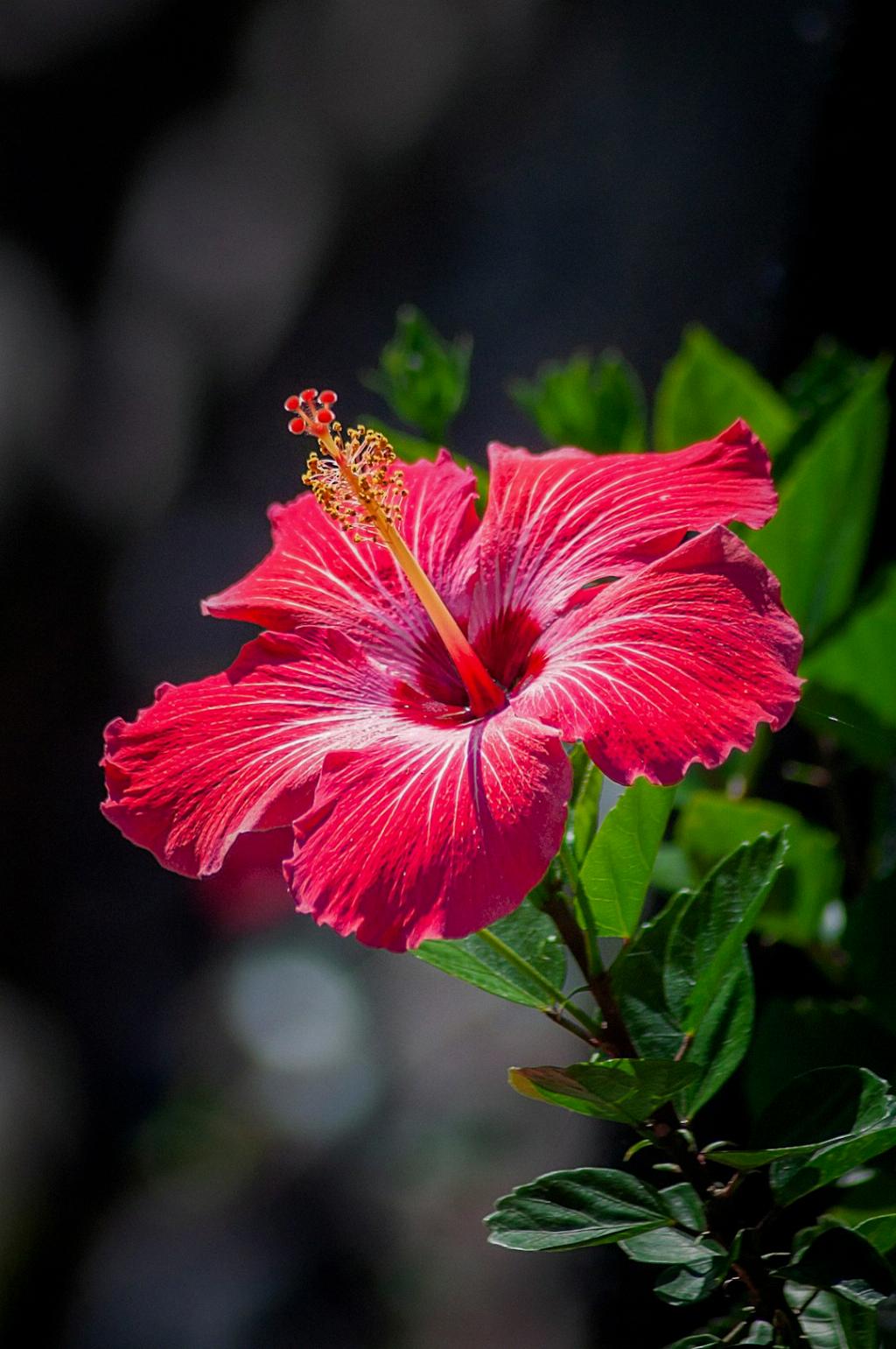When it comes to the safety of our furry companions, it’s essential to be well-informed about the plants and flowers that can potentially be harmful to them. One common query among pet owners is whether hibiscus plants are toxic to their beloved pets. The answer to this question isn’t as straightforward as one might think.
Most varieties of hibiscus are considered non-toxic to pets, making them generally safe to have around your furry friends. However, there is a specific type of hibiscus known as the Rose of Sharon (scientifically referred to as Hibiscus syriacus) that can pose a risk to animals if ingested in large quantities.
The toxicity of the Rose of Sharon hibiscus primarily affects dogs, and ingestion of the flower parts can lead to gastrointestinal issues such as nausea, diarrhea, and vomiting in pets. Thus, it’s crucial for pet owners to be cautious if they have this particular type of hibiscus in their homes or gardens.
It’s worth noting that while the Rose of Sharon hibiscus carries potential risks for pets, the common types of hibiscus plants that are typically found in households, such as tropical hibiscus, are generally safe and non-toxic to animals.
For pet owners who have hibiscus plants in their living spaces, it’s essential to monitor their pets’ interactions with these plants. Keeping an eye on your furry friend’s behavior around hibiscus plants can help prevent any accidental ingestion of harmful parts of the plant.
Recognizing the signs of potential poisoning in pets is crucial for taking prompt action and seeking veterinary care if needed. If a pet displays symptoms like vomiting, diarrhea, lethargy, or other unusual behavior after coming into contact with a hibiscus plant, it’s best to consult a veterinarian immediately.
While hibiscus plants can add beauty and aesthetic appeal to indoor and outdoor spaces, pet owners should prioritize their furry companions’ well-being and safety. Understanding the specific risks associated with certain types of hibiscus plants can help pet owners make informed decisions about the plants they choose to have around their pets.
When it comes to creating a pet-friendly environment, pet owners play a vital role in ensuring that their living spaces are safe and free from potential hazards. With proper awareness and precautions, it’s possible to enjoy the beauty of hibiscus plants while also safeguarding the health and well-being of pets.
In conclusion, while some types of hibiscus plants like the Rose of Sharon hibiscus can be toxic to pets, the majority of hibiscus varieties are safe and non-toxic for animals. By staying informed, monitoring pets’ interactions with plants, and being proactive in seeking medical attention if needed, pet owners can create a safe environment for their furry companions.

